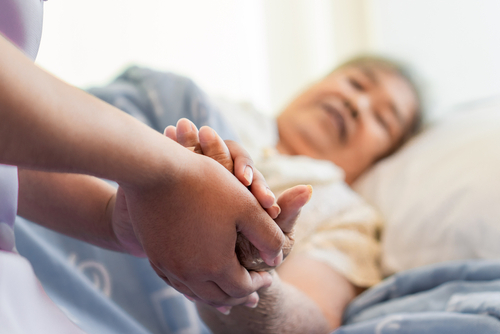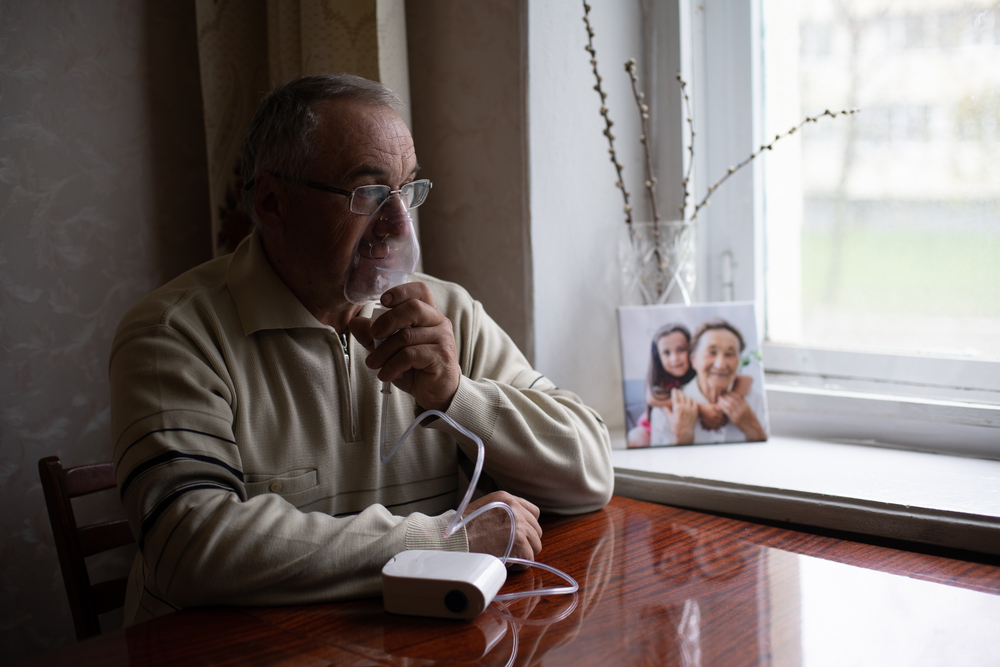Elderly Bedridden Life Expectancy
Category:

A bedridden patient’s life expectancy cannot be determined based on statistics. Each person is different, and each case has unpredictable circumstances leading up to the time the person will let go of life.
If your loved one has become bedridden, you have probably wondered how long a bedridden person can live or what will the bedridden life expectancy be for the person you love and care for.
This is a sensitive subject that often makes family members feel uncomfortable or even guilty for asking themselves such questions. You may have wondered or asked each other questions such as:
- Can you die from being bedridden?
- Mom has dementia. What is the dementia bedridden life expectancy?
- Dad has been bedridden for 6 months. Is this normal?
- Is the bedridden dementia patient’s life expectancy shorter because of the dementia diagnosis?
- How will we care for our bedridden loved one?
- Will we need home health or medical intervention?
Let’s look at some answers to these questions. Knowing what to expect will help you make the transition through this unfamiliar territory with your loved one.
The first thing we need to determine is the reason the person is bedridden. If a patient is bedridden and can’t get out of bed due to a chronic or debilitating illness such as cancer or dementia, their condition can deteriorate quickly.
A person does not die because they are bedridden. When a person is confined to bed, complications set in that intensify the likelihood the patient will not recover.
Some of those complications are:
- Weak muscles and bones
- Chronic constipation
- Blood clots
- Loss of appetite
- If the person has dementia, they may forget how to eat.
- Sleep disturbances, sleeping too much.
- Rapid decline in cognitive functioning
- Bed sores
- Pain that requires medication for relief
- Feeling listless or hopeless
Download Our Sandwich Generation Guide
How will I know if my loved one can recover from being bedridden?
In some cases, a person who has been bedridden due to cancer, a medical emergency, or a debilitating illness can be rehabilitated and regain quality of life. Muscles can be strengthened, and bone mass can be regained with progressive and consistent physical therapy. If the person’s prognosis improves even after being bedridden for 6 months or longer, they may have the will and strength to recover. A strong support system and medical intervention is essential to regaining strength and mobility.
What about the person who is not showing any signs of recovery?
If an elderly person has been confined to bed because of a life-threatening illness or medical emergency and the prognosis continues to be poor, the chances of recovery are severely compromised with each passing day. Circulation and respiratory complications (like pneumonia) often contribute to a steady decline.
When this occurs, the bedridden life expectancy can be as short as a few days or as long as a week or two, depending upon whether the person is still receiving nourishment and liquids.
A person with advanced dementia becomes unable to swallow or respond to stimulus. The late-stage cancer patient’s organs may be shutting down as his body succumbs to the disease.
When this process begins, the bedridden patient’s life expectancy is not long.
How can I care for my bedridden loved one in the final stages of life?
- Keep them comfortable. This includes keeping your loved one clean, the bedding clean, and keeping the temperature in the room at a comfortable level.
- Minimize pain. You may have to contact your local Hospice Care to ensure your loved one receives the pain management medication they need.
- Maintain your loved one’s dignity. Provide care that is mindful of privacy and emotional needs.
- Be gentle when repositioning.
- Maintain a peaceful environment.
Caring for a loved one who is bedridden or in need of Hospice care is challenging. The caring staff at Griswold can help with home care or with a Hospice referral. Check your local listing for a Griswold Home Care location in your area. Our professional staff can guide you and help you access the services you need.
Subscribe
Date: 2023-04-11
Category:


